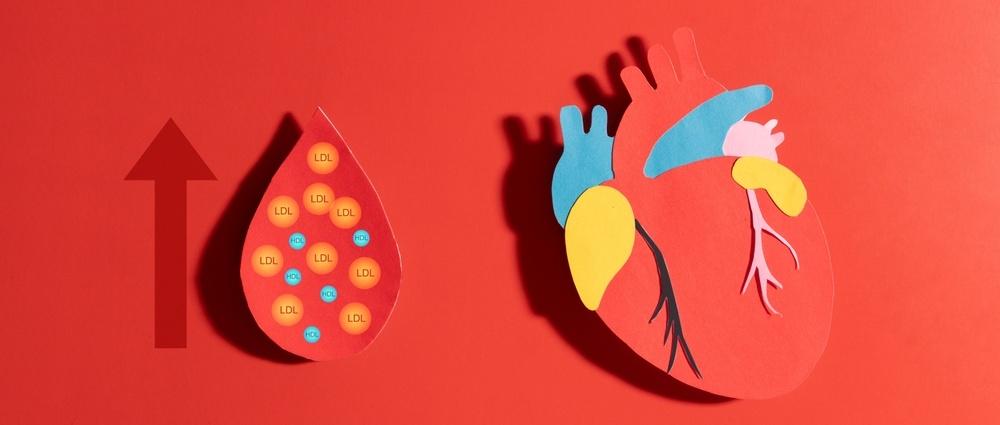
Do light beers have any health benefits?
Peer reviewed by Dr Sarah Jarvis MBE, FRCGPLast updated by Danny ChadburnLast updated 21 Sept 2017
Meets Patient’s editorial guidelines
- DownloadDownload
- Share
- Language
- Discussion
With conflicting stories about the effects drinking beer has on cholesterol levels, we take a look at how safe it is to drink, what type to choose – and whether it might even have some hidden health benefits.
In this article:
Continue reading below
Is beer bad for heart health?
Beer generally gets a bad heart-health rap thanks to its calorie and sugar content. This raises your risk of obesity, particularly abdominal obesity, which in turn is a risk factor for high cholesterol. But the story isn’t as clear-cut as it first seems, as beer may also confer some heart benefits.
One reason is that the barley, malt and hops used to brew beer contain polyphenols – plant compounds that have been linked to lowering cholesterol levels and overall risk of heart disease. Beer is also a reasonable source of vitamin B6, a nutrient that helps dampen the effect of homocysteine, a blood chemical associated with a higher risk of heart disease.
Heavy drinking – more than 14 units a week on a regular basis – still carries strong health warnings. But there is some evidence suggesting that consuming moderate amounts of alcohol, including beer, may help protect against heart disease.
This protection is normally found in men over 40 and postmenopausal women. But in 2017, researchers from the University of Cambridge and University College London found that moderate drinkers (equivalent to a pint of beer a day) were less likely to have a heart attack or stroke compared with both teetotalers and heavy drinkers. This protection was found in both men and women aged over 30.
The link between beer and cholesterol
A cholesterol test will reveal the three types of fat in your blood: HDL and LDL cholesterol – the ‘good’ and ‘bad’ types – and triglycerides, another type of ‘bad’ fat. A healthy cholesterol level generally means having higher HDL and lower LDL cholesterol and triglycerides.
The good news is that some research, including one study by the Hebrew University of Jerusalem, has found that a daily beer is associated with a reduction in LDL cholesterol of up to 18%. Another study by Penn State University in the US discovered that moderate beer consumption appears to help people maintain decent levels of HDL cholesterol. However, the study concluded that drinking three or more beers a day was found to send bad cholesterol levels soaring.
Drinking beer also has an effect on triglycerides, the fats in your blood. This is because beer contains both carbohydrates and alcohol, two substances that raise triglyceride levels – raised triglyceride levels often come with lowered HDL cholesterol levels. Most beers tend to be calorie-dense too, so if your consumption is high enough to lead to weight gain, this in turn could harm your overall cholesterol levels.
Continue reading below
Which beer is healthiest?
Not all beers are created equal. Today you can buy low-alcohol beers and lighter lagers, but which is best for your cholesterol levels?
Alcohol-free beer
Most beers tend to contain around 4-6% alcohol. In order to be called ‘alcohol-free’, a beer must contain less than 0.5% alcohol. But do alcohol-free beers offer any specific heart health benefits?
A small study by the University of Valencia in 2009 found that as well as reducing the dangerous build-up of fat in the arteries of those with high levels of bad cholesterol, booze-free beer also increased the amount of antioxidants in drinkers' blood, which could offer additional heart protection.
Low-alcohol or reduced-alcohol beer
To be described as ‘low-alcohol’, a beer must contain less than 1.2% alcohol. 'Reduced-alcohol’ beer meanwhile, means it has an alcohol content lower than the average strength for that type of beer. Both versions tend to be lower in calories – for example, half a pint of reduced-alcohol beer contains approximately 60 calories, compared with a standard-strength lager at more than 100 calories.
Low-carb beers
Although there’s no fixed definition of what a low-carbohydrate beer is, standard beer contains around 11 g of carbohydrates per half pint, while low-carb beers tend to have 2 g of carbohydrates for the same size serving. Remember that low-carb beer has only been brewed to remove carbohydrates, so it could have the same alcohol content as standard beer. Low-carb beers are also quite difficult to find in the UK.
The verdict
Alcohol-free beer is the cholesterol – and general heart health – winner. Removing alcohol also reduces calories, which over time could help keep excess weight off and further protect your heart.
Low-alcohol beer is also a healthy choice as it has less alcohol and fewer calories, but just be careful you don’t end up drinking more of it!
Patient picks for High cholesterol

Heart health and blood vessels
Understanding your cholesterol levels
So, you’ve had your cholesterol checked, but what do those numbers really mean? And what do you need to do now? We take a look at the facts and figures.
by Lynn Stephen

Heart health and blood vessels
How to shop for a low cholesterol diet
Doing the weekly shop when you're not sure what to put in your trolley can be tricky - especially when branding and confusing food labels can make it hard to tell what's healthy and what's not. If you have high cholesterol, this can be a particular struggle. But you can turn detective and hunt out the healthy options with our guide to food shopping for a low cholesterol diet.
by Amberley Davis
Continue reading below
Article history
The information on this page is peer reviewed by qualified clinicians.
21 Sept 2017 | Latest version

Ask, share, connect.
Browse discussions, ask questions, and share experiences across hundreds of health topics.

Feeling unwell?
Assess your symptoms online for free
Sign up to the Patient newsletter
Your weekly dose of clear, trustworthy health advice - written to help you feel informed, confident and in control.
By subscribing you accept our Privacy Policy. You can unsubscribe at any time. We never sell your data.